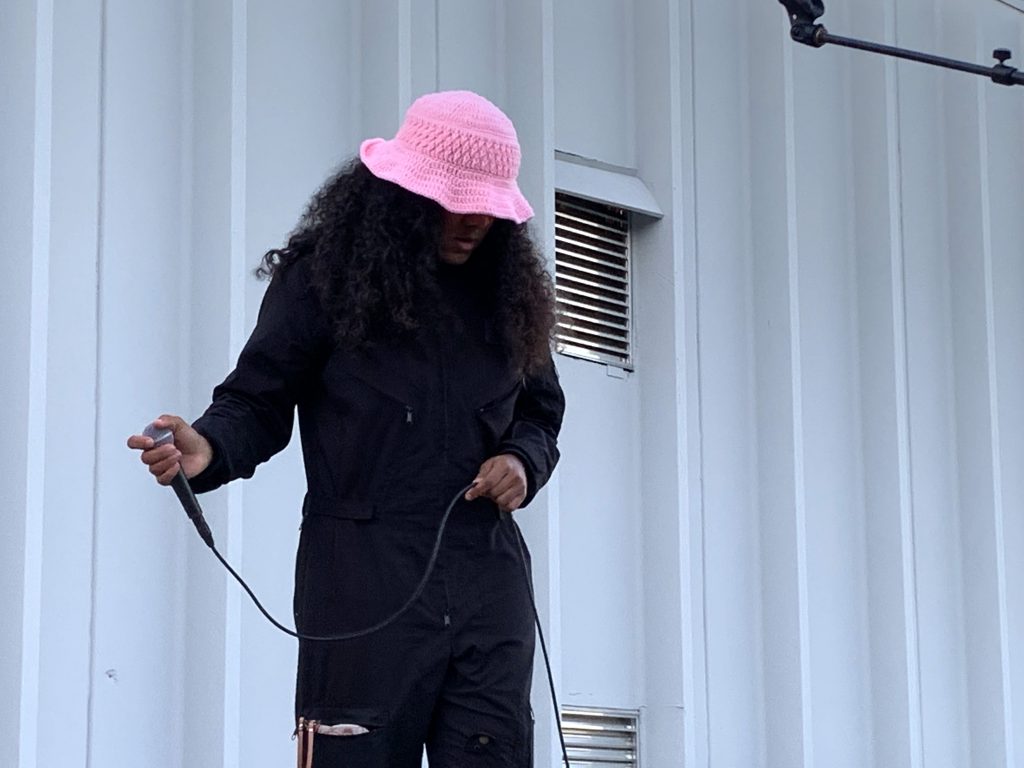
Listen closely — Camilla Sims, known as Convict Julie, tells an intimate story through each verse, chorus and bridge. From the honest and haunting “Dark Matter” to the punk-trap think piece “Drive Bys on Tractors,” Sims channels her innermost vulnerable feelings into every song she writes.
For the 22-year-old musician, writing and performing music is a way to handle everything from drugs to depression to grief.
“Music has a way of making the ugliest stories beautiful,” she said. “Through music…I lift myself up through the moments that tried to drown me.”
Through Song
Sims isn’t alone in using music to cope; research from the University of Leuven found that neural networks connect our thoughts and feelings to the music that we listen to. In Athens, music is a community — a way to communicate with each other — which is why when COVID-19 hit, the scene took a major blow.
Why It’s Newsworthy: Music is a universal language — a way to communicate, relate and work through shared life experiences. When COVID-19 slowed the internationally-known Athens music scene to a halt, isolated musicians and music-lovers lost their communities, leaving them to pour their anxiety, depression and loneliness into song.Reporter Emily Petraglia and the Grady Newsource team shows you how writing, playing and listening to music affects not only the Athens community, but the human race.
Troubled Times
Musicians aren’t the only group that struggled with mental health issues during the COVID-19 shutdowns. At the start of the pandemic in March 2020, mental health problems worsened across the country. Data from the Centers for Disease Control and Prevention shows that reported symptoms of anxiety and depression skyrocketed between 2019 and 2020.
Search terms like “why am I anxious” and “how to get help” spiked in March and April 2020, and local low-cost therapy options like Nuci’s Space found their services overwhelmed.
“People who have never ever needed any mental health treatment or care before were finding that their mental health was, you know, it was slipping, and they needed help,” said Lesley Cobbs, counseling advocate at Nuci’s Space.
As of December 2021, affordable mental health clinics like Nuci’s Space or the University of Georgia Aspire Clinic are still dealing with full waitlists and completely booked services. Cobbs says that they will now send those in need of mental healthcare to online therapy services outside of the Athens area.
Healing Power
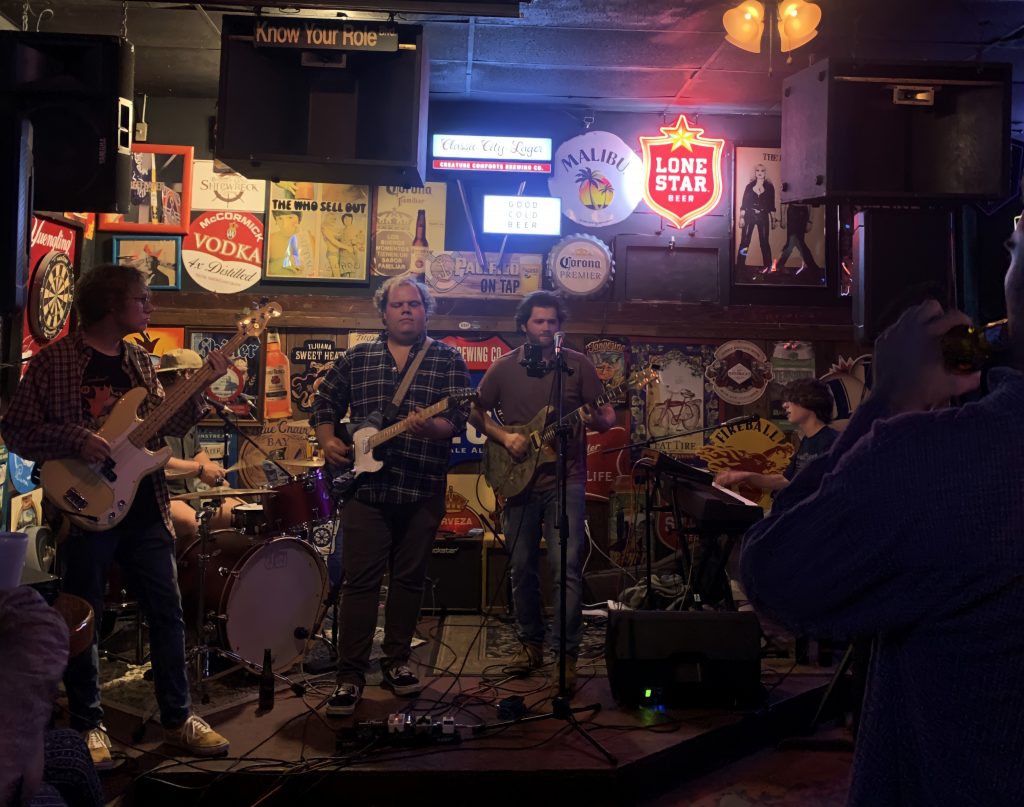
Outside of professional mental health care, the solution for many local performers was what they knew best — music. Whether it was songwriting or just jamming with friends, music acted as an outlet to deal with isolation and depression.
“For musicians specifically, quite often, the music that they play is a catalyst to their own mental wellness. If they keep it all bottled up inside, then bad things start to happen,” said Cobbs. “But if they can write about it and play the songs, they can get all those feelings and all that emotion…they can get it all out.”
Grady Newsource reporter Rachael Simpson introduces you to experts and musicians to help make sense of the effects of music on the human experience.
Our Stories
As we finished our interview, Camilla Sims expressed gratitude not only for the Athens community — who she says has supported Convict Julie from the start — but for music as well.
“My music is like real-life stories about things that I’ve been through,” she said. “I think if people knew that…they’d have a greater appreciation, not only for my music, but for the other music that they hear, because you never know whose story you’re hearing in a song.”
Athens’ songs of COVID-19 tell stories of isolation and pain, hope and healing. Whether somber and slow or loud and frustrated, music not only connected the community — it helped it survive.
Autumn Sanford, Emily Petraglia, Caroline Ballard and Rachael Simpson are seniors majoring in journalism in the Grady College of Journalism and Mass Communication at the University of Georgia.


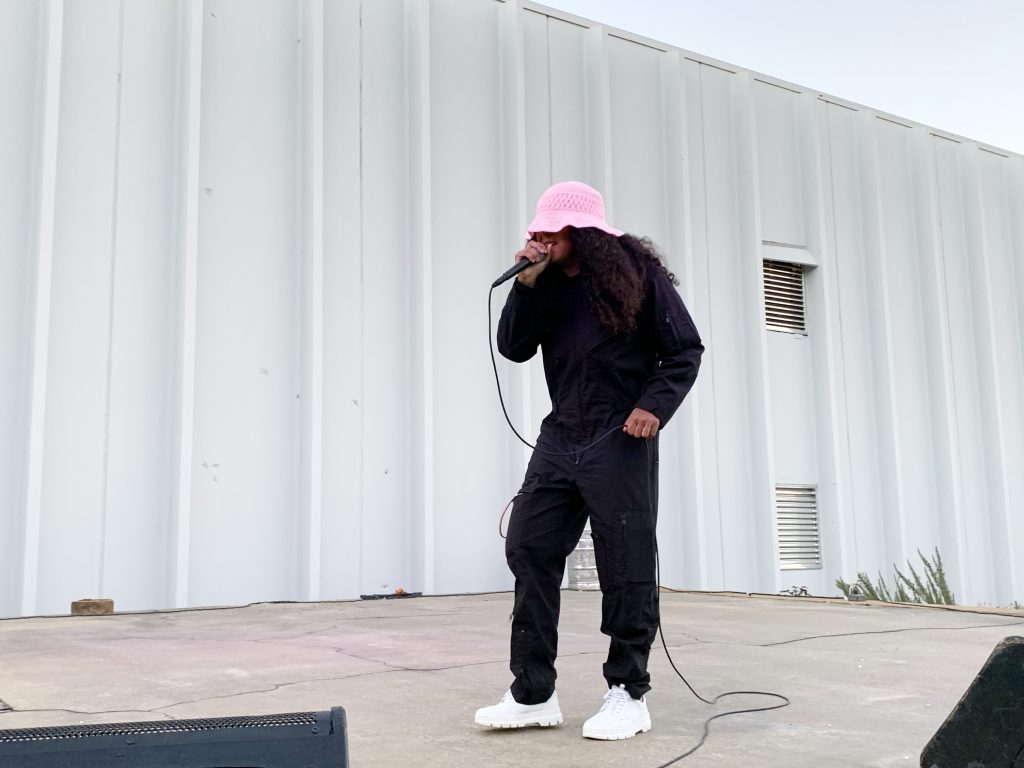
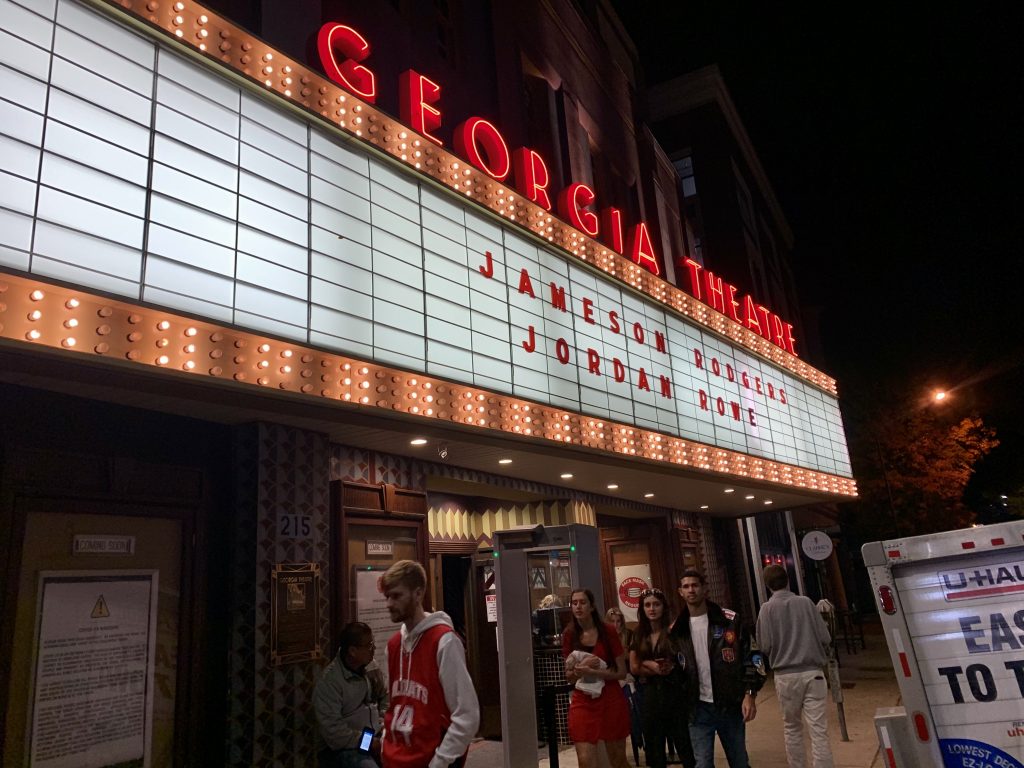
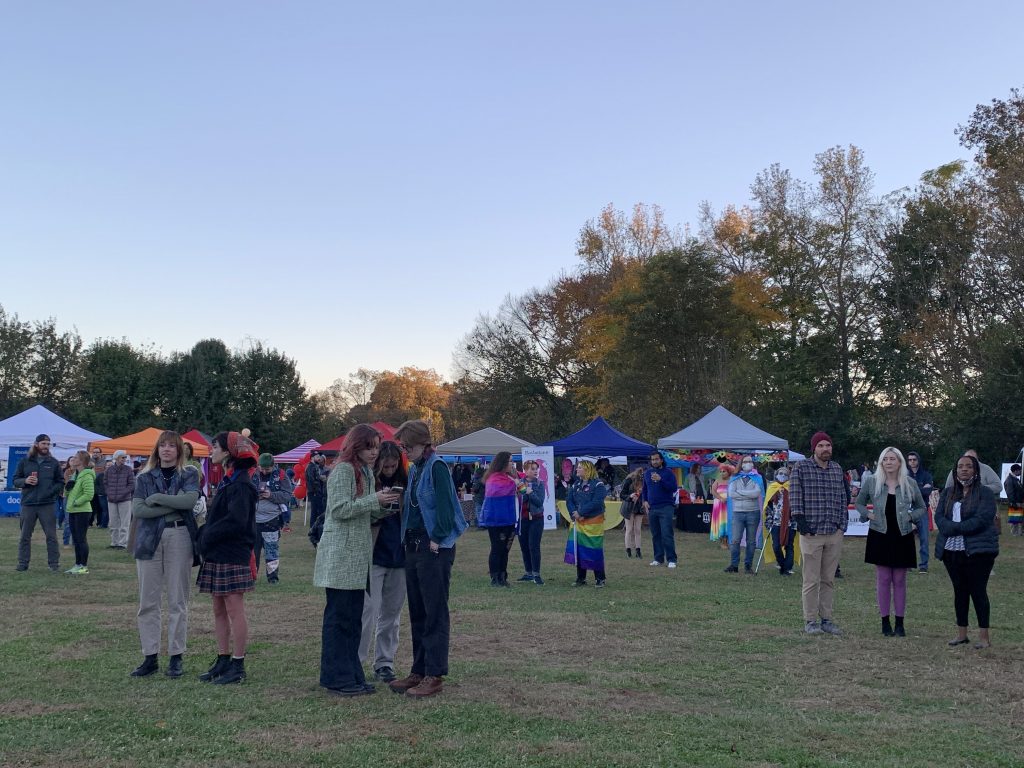
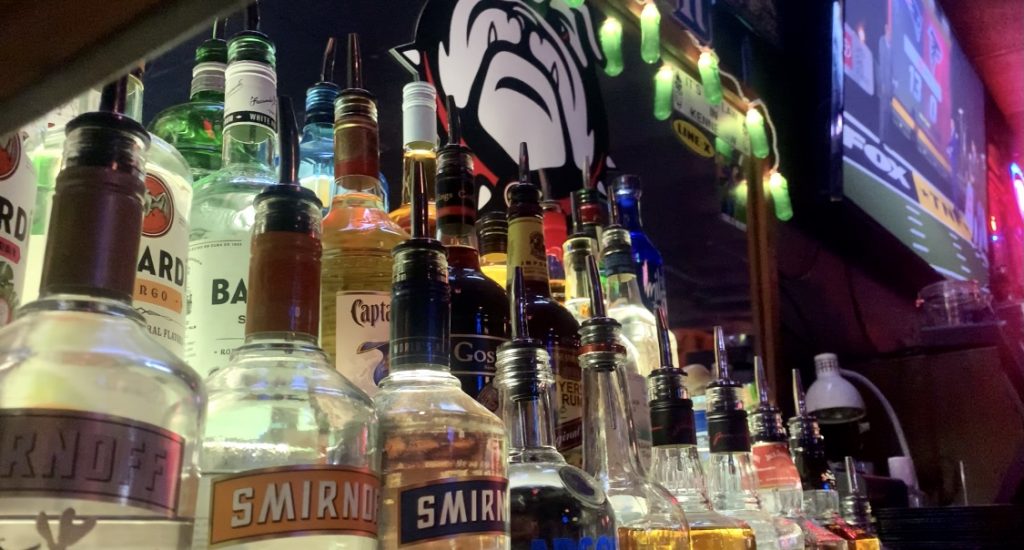
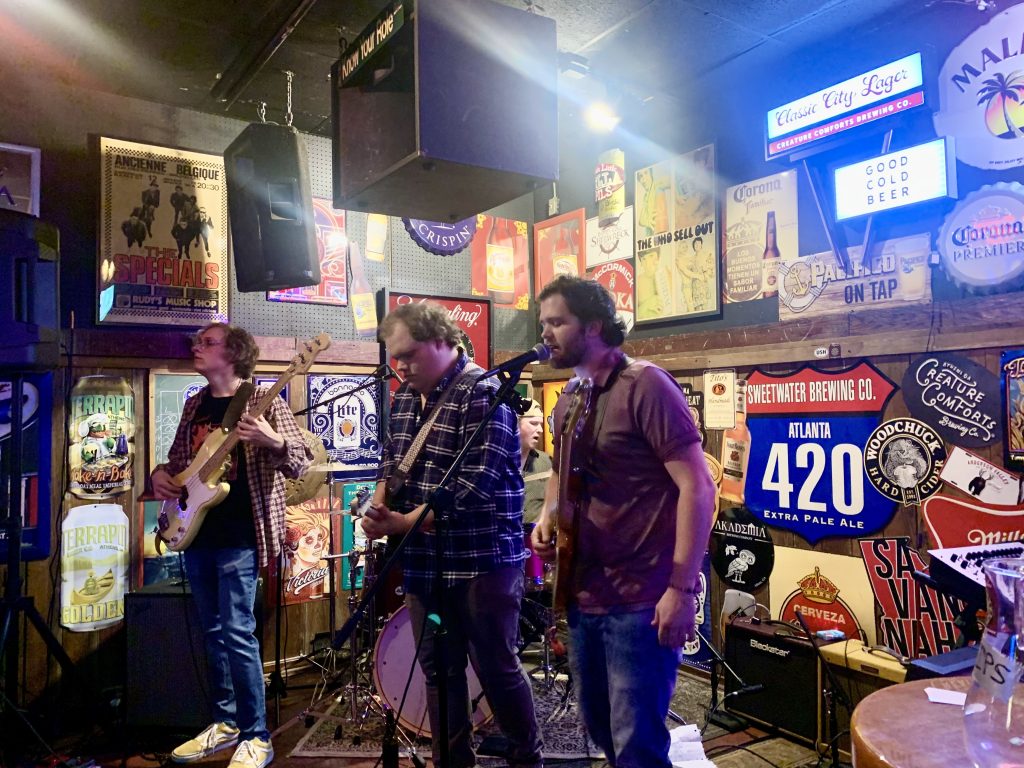
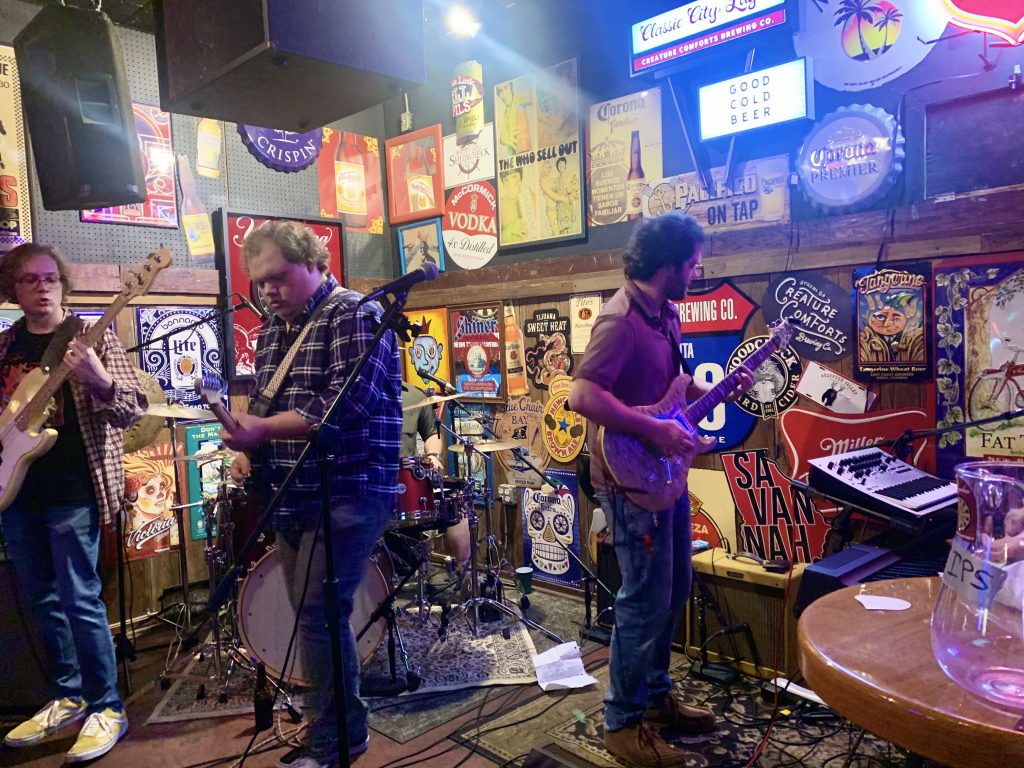
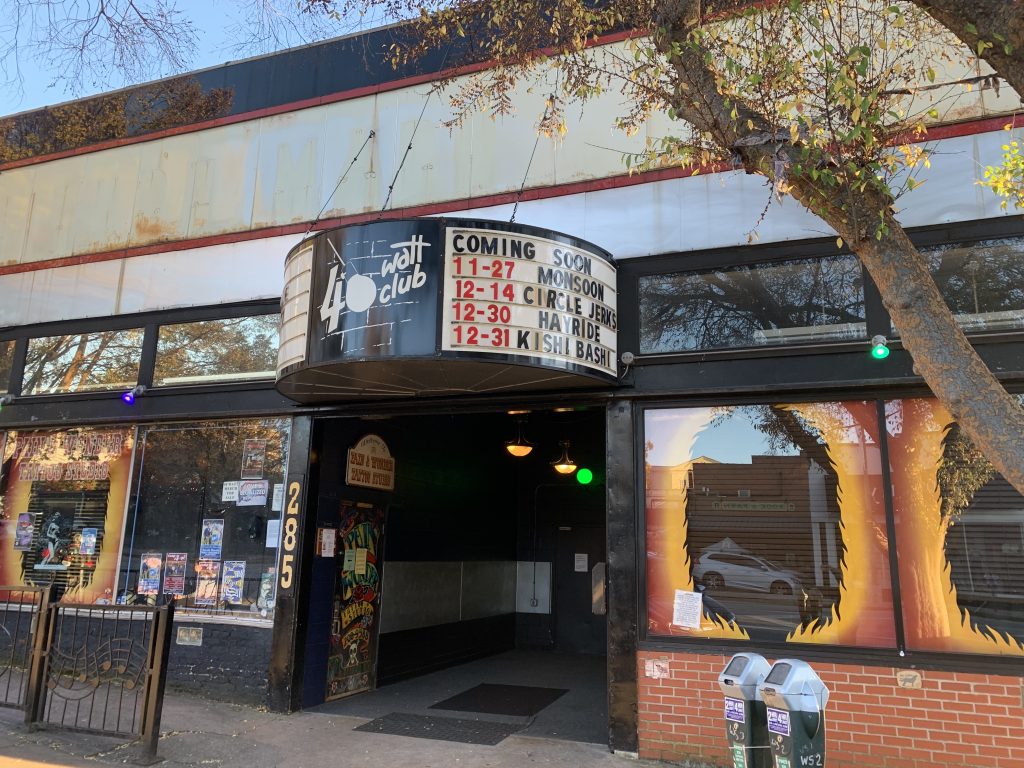
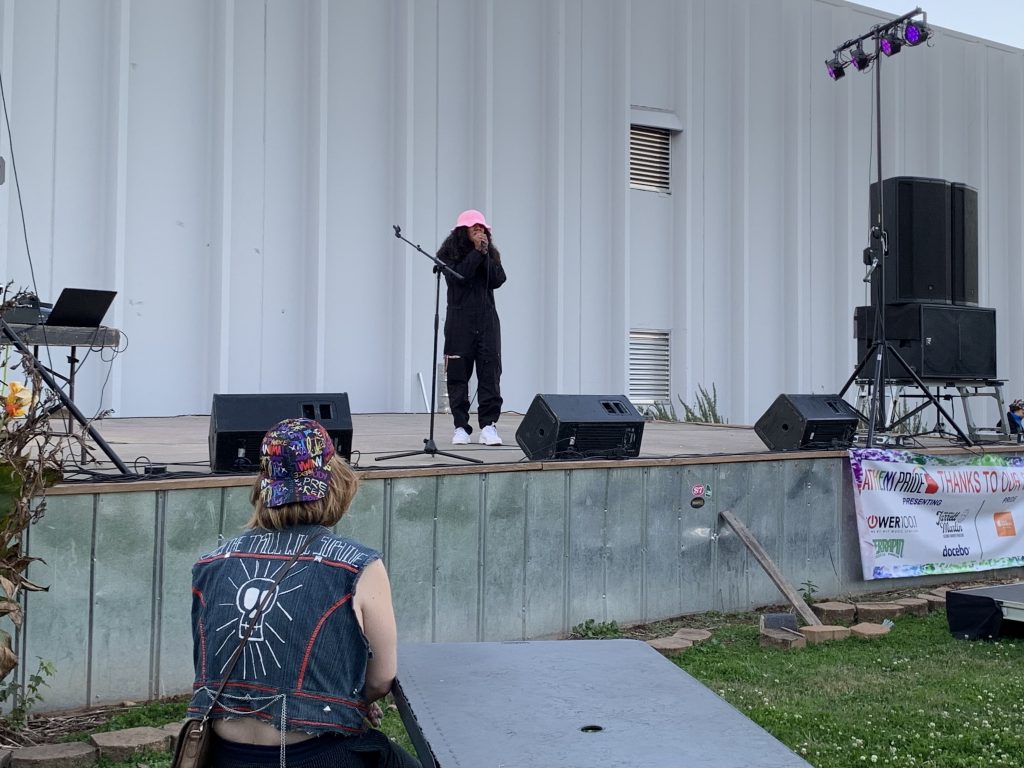
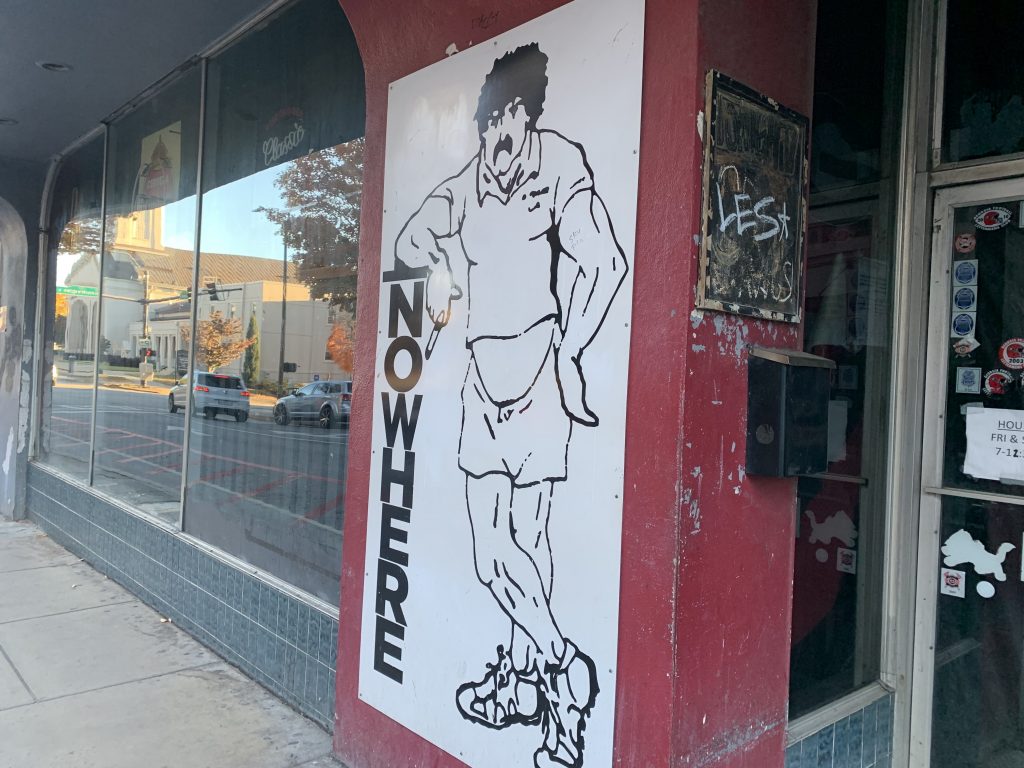
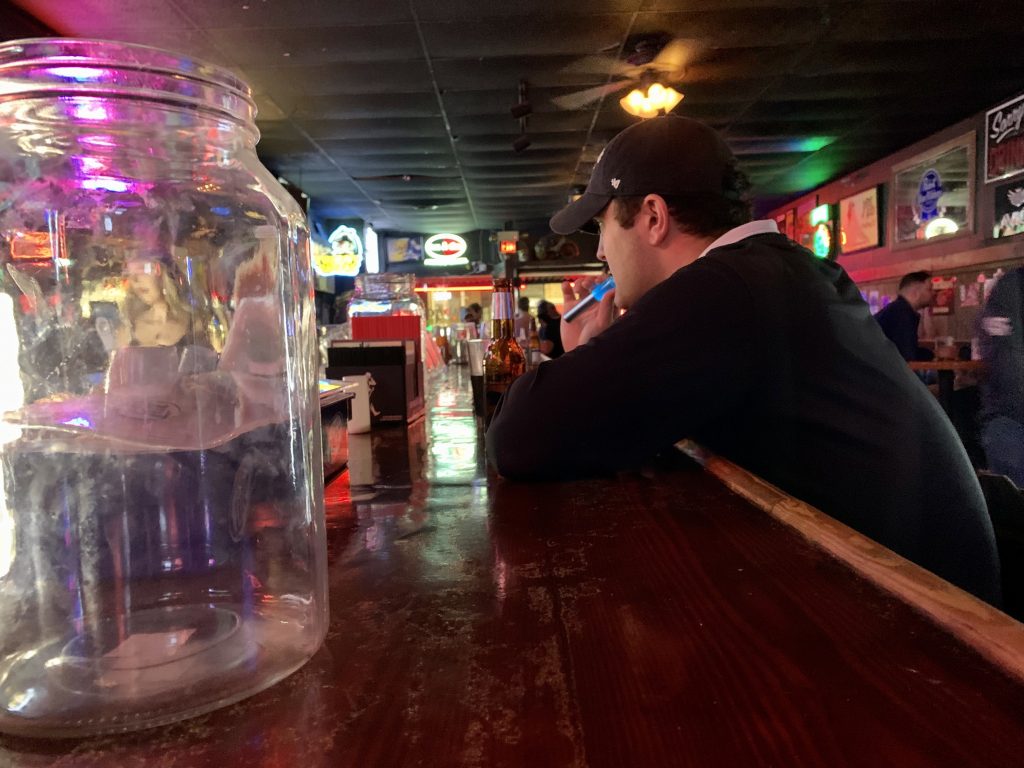
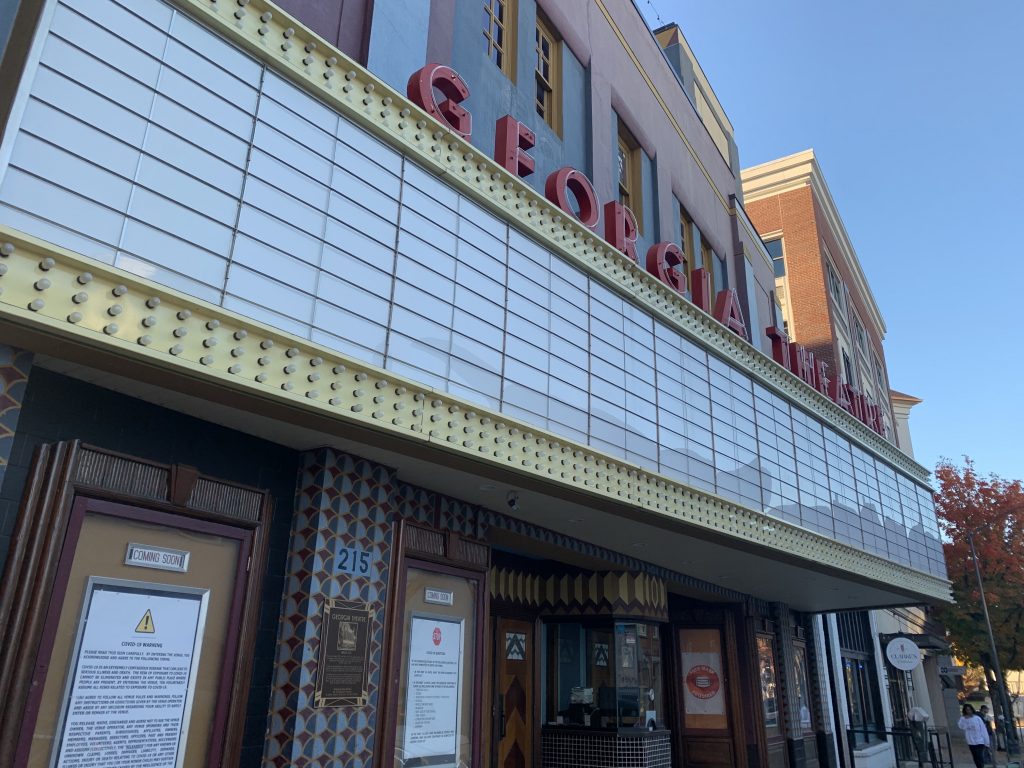
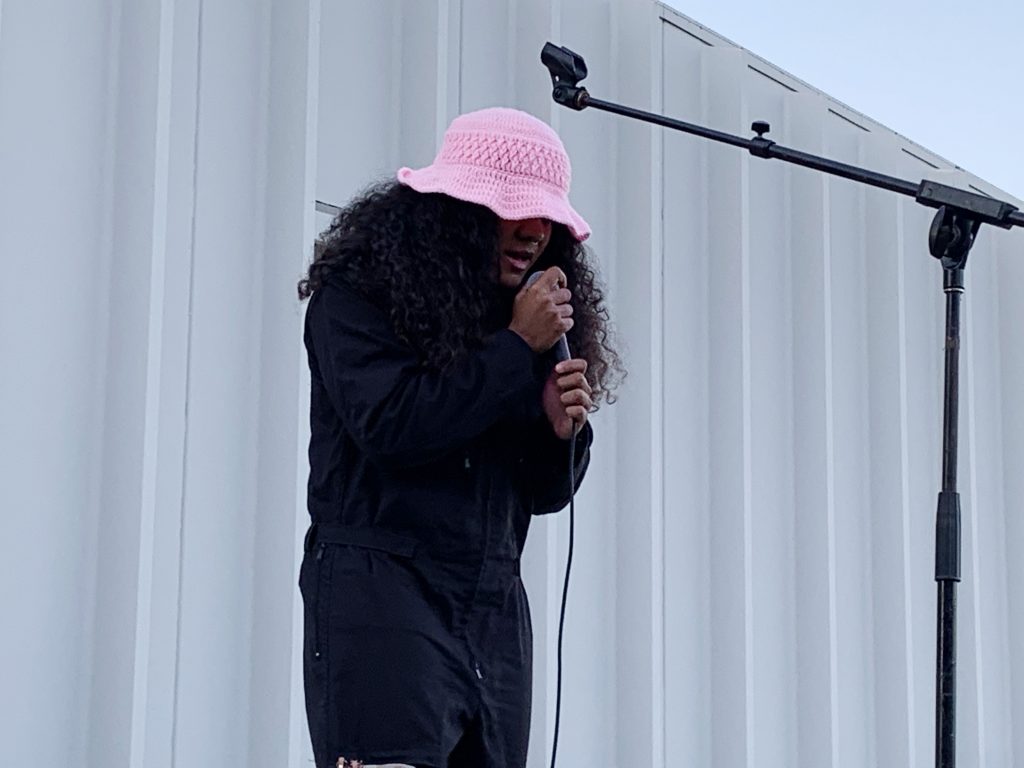
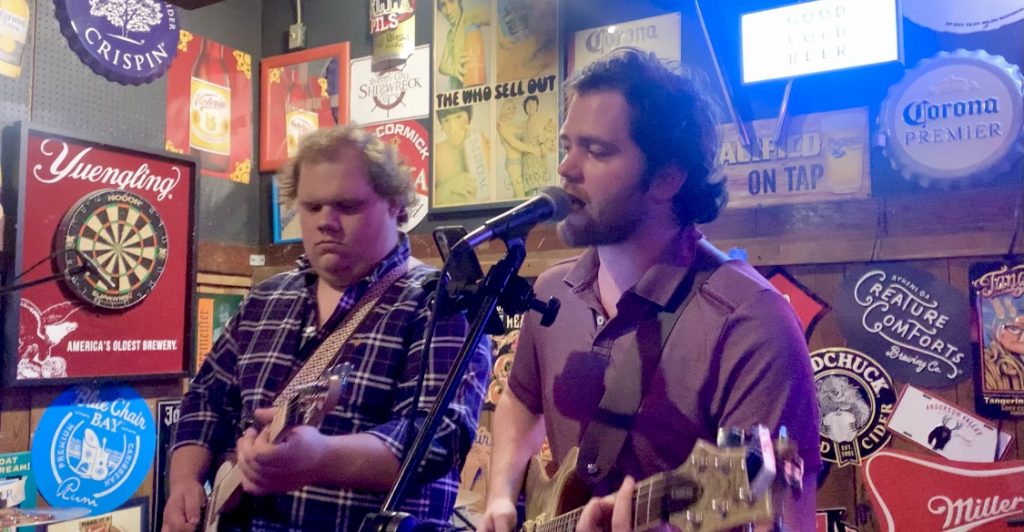
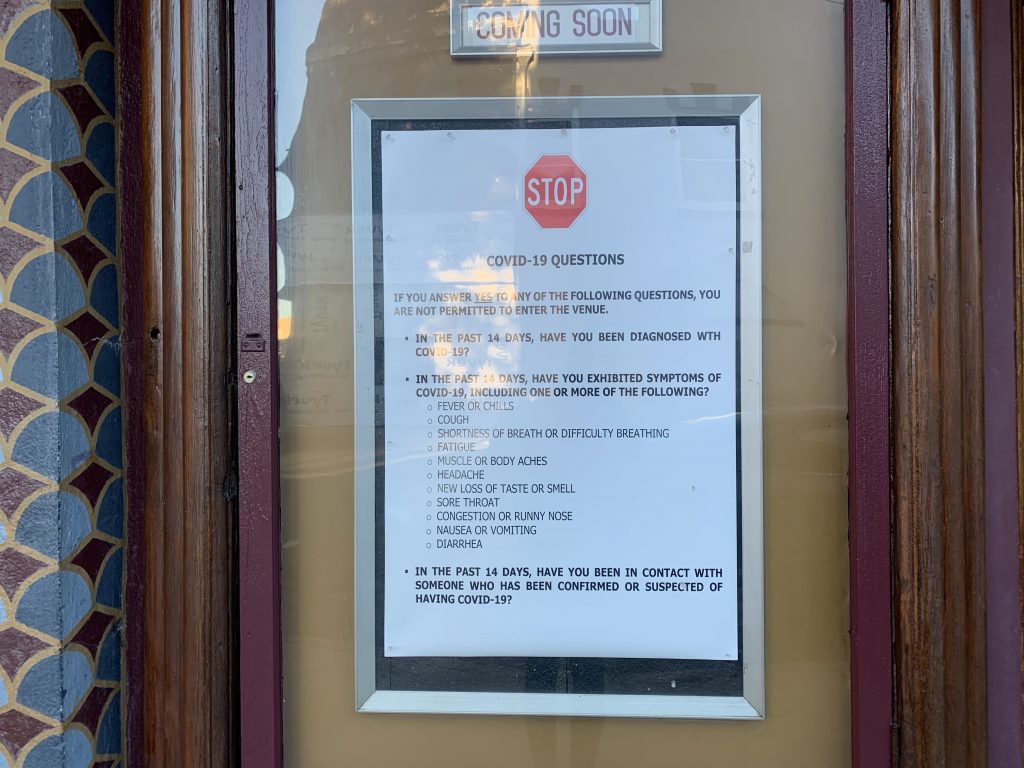
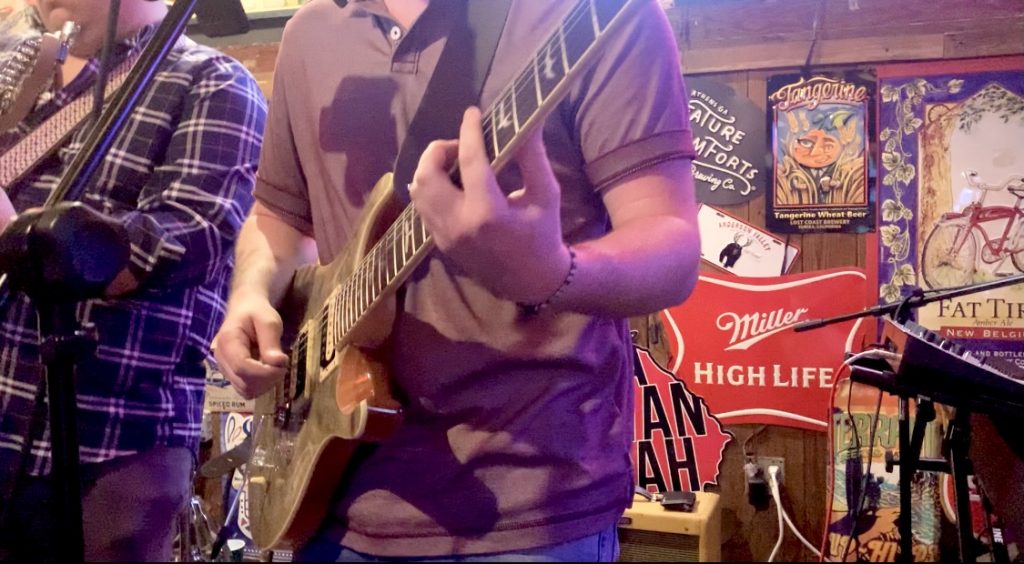
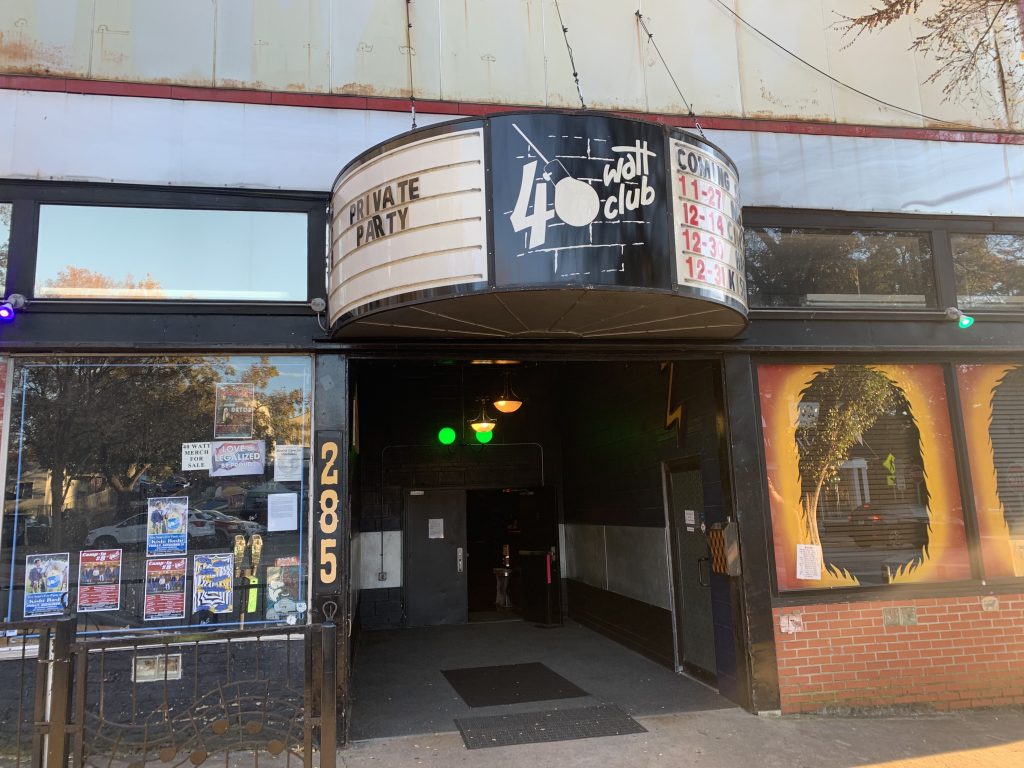
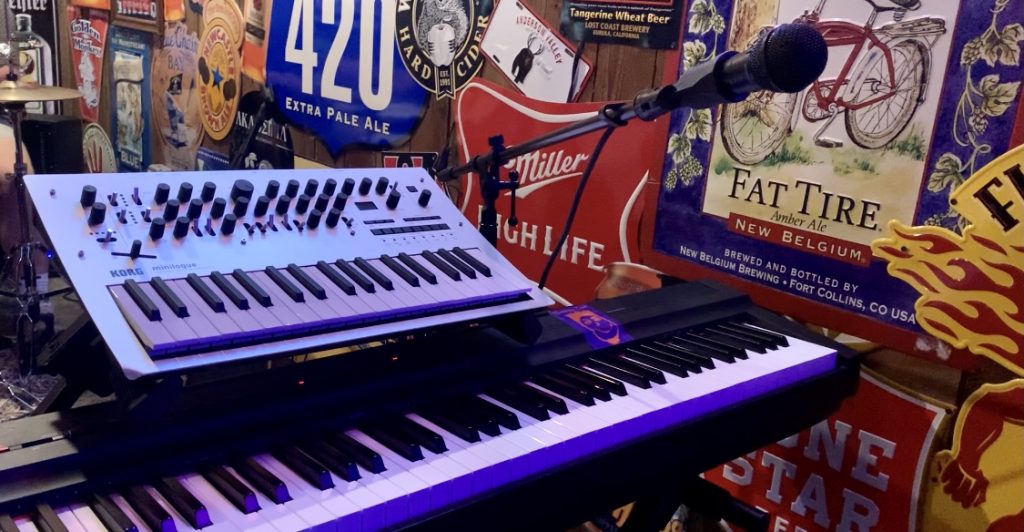
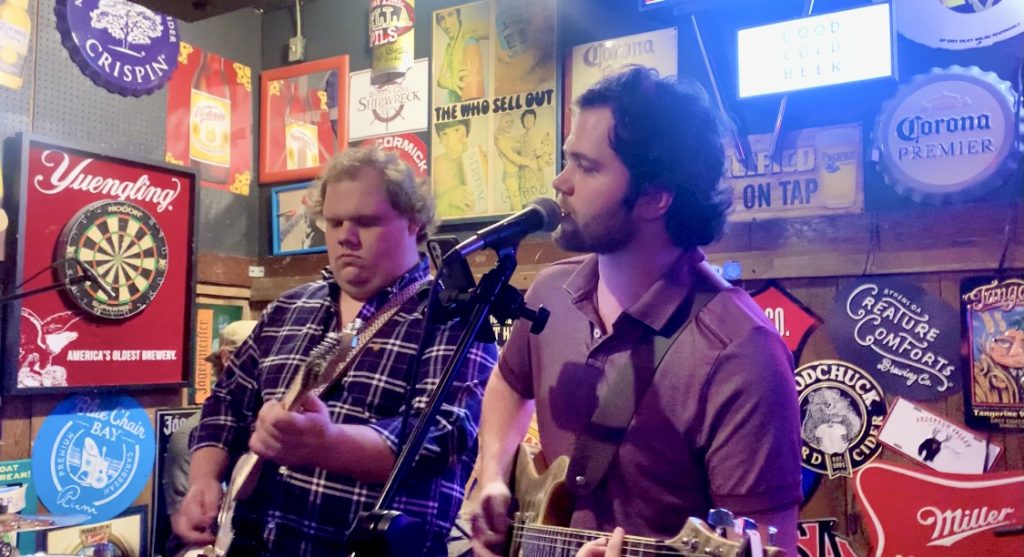
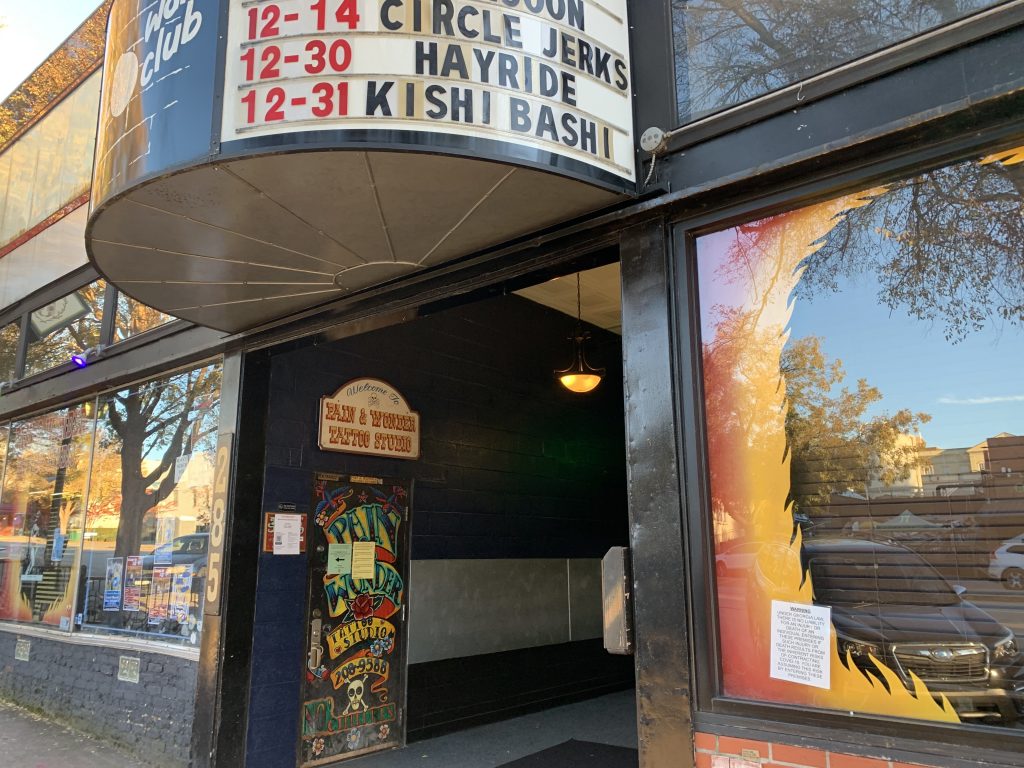
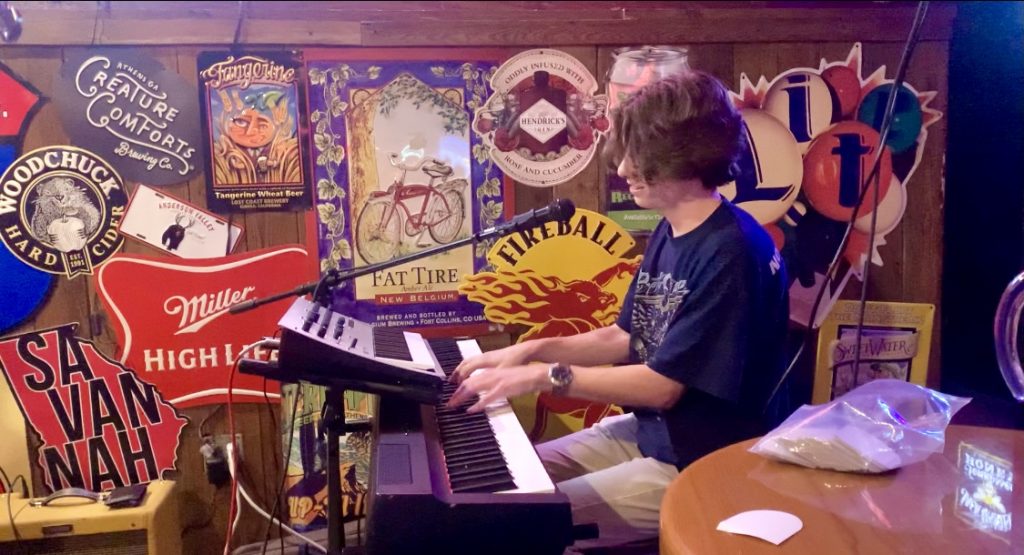
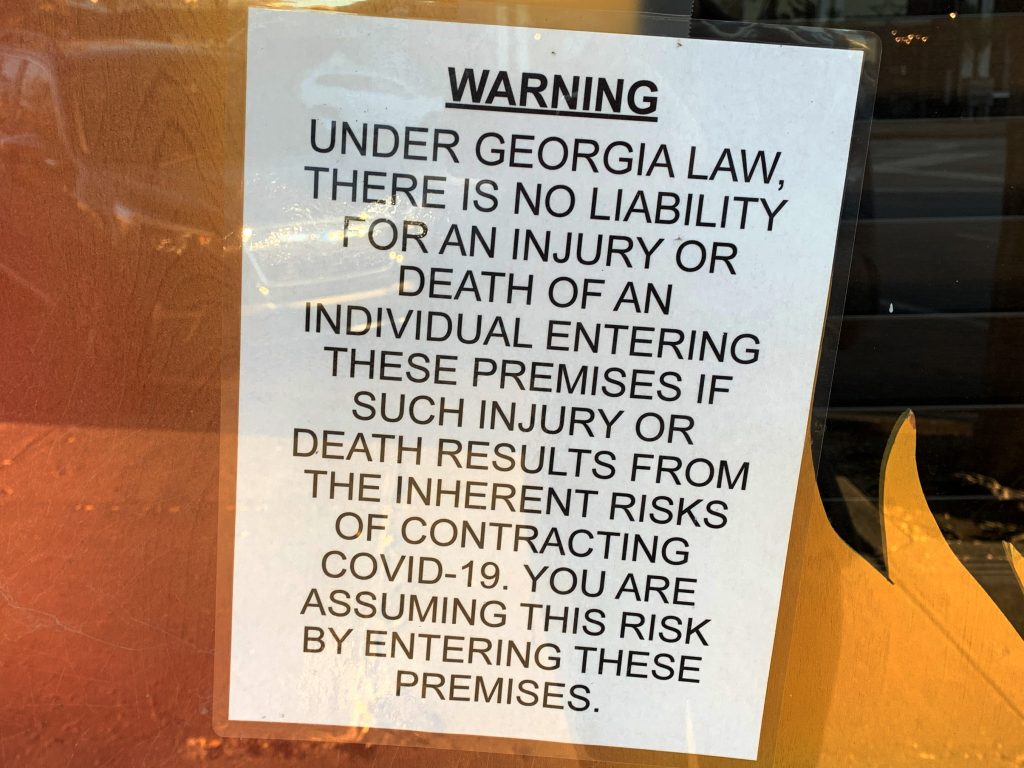
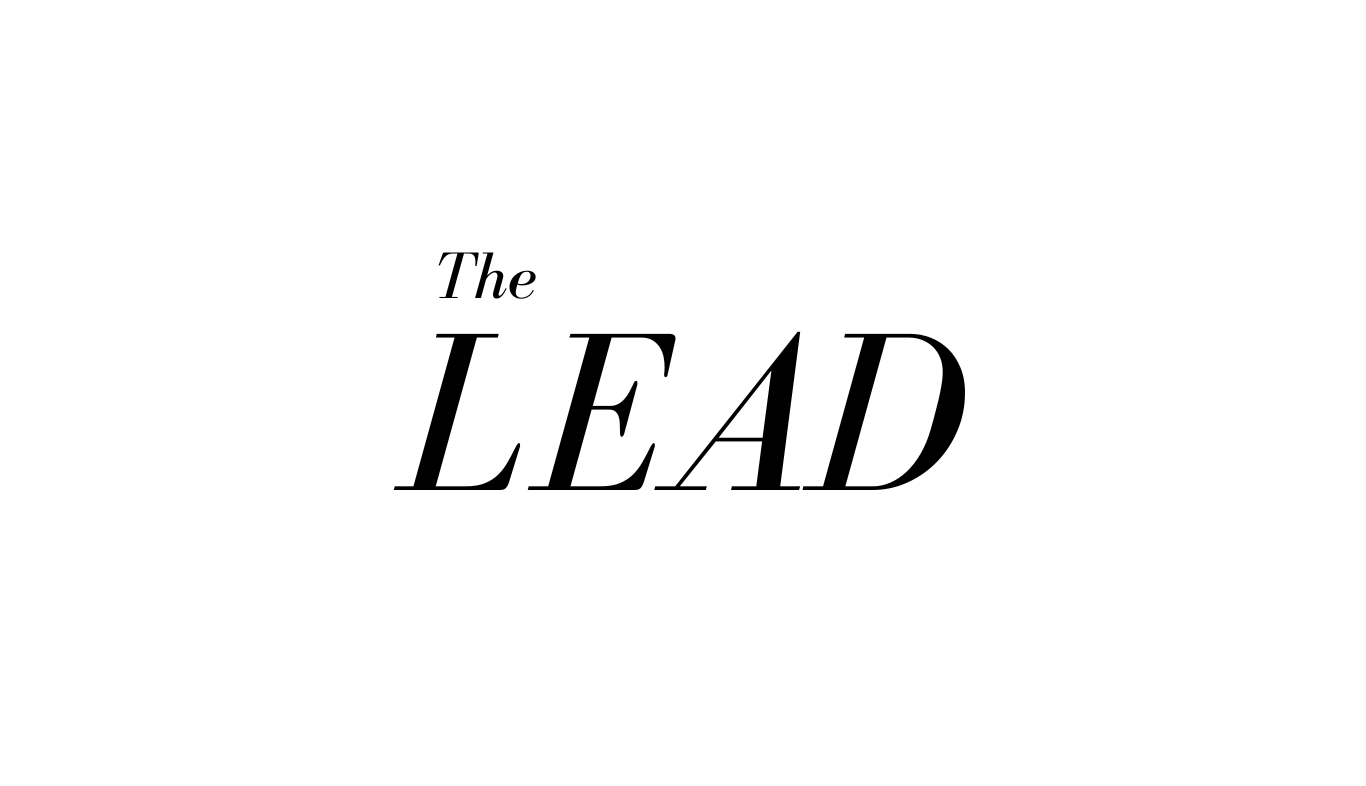

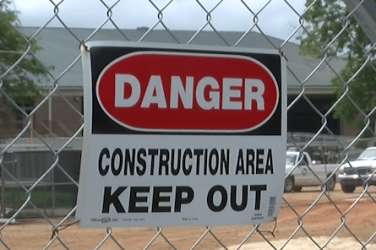
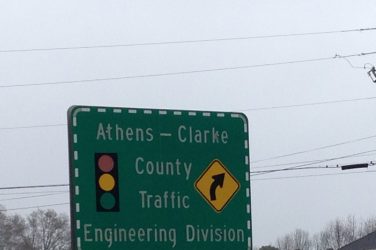
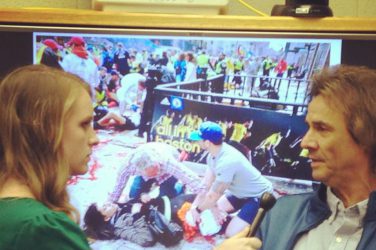

Show Comments (1)